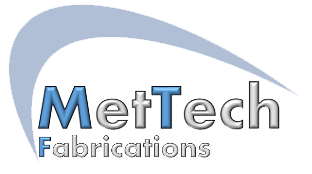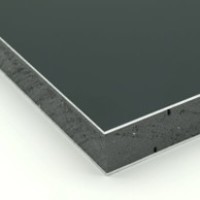INSULATED PANELS
Aluminium insulated panels—also known as composite or sandwich panels—consist of:
- Two outer aluminium sheets (typically 0.6mm to 3mm thick)
- A core insulation layer (such as PIR, phenolic foam, mineral wool, or polystyrene)
Key Features & Benefits
- Thermal Efficiency: Achieve low U-values to meet or exceed Building Regulations for energy performance
- Weather Resistance: Powder-coated or anodised aluminium skins provide long-lasting protection against corrosion, UV, and moisture
- Design Flexibility: Available in a wide range of RAL and British Standard colours, finishes (matt, satin, gloss, metallic), and textures
- Custom Fabrication: Panels can be cut, folded, or formed into angles, corners, top hats, or rebated profiles to suit any glazing or cladding system
- Low Maintenance: Smooth, easy-clean surfaces with long service life
- Fire Safety: Options available with A1 non-combustible cores for compliance in high-risk environments
Typical Applications
- Curtain walling and façade infill panels
- Window and door reveals
- Shopfronts and commercial glazing systems
- Roof and wall cladding for industrial units

